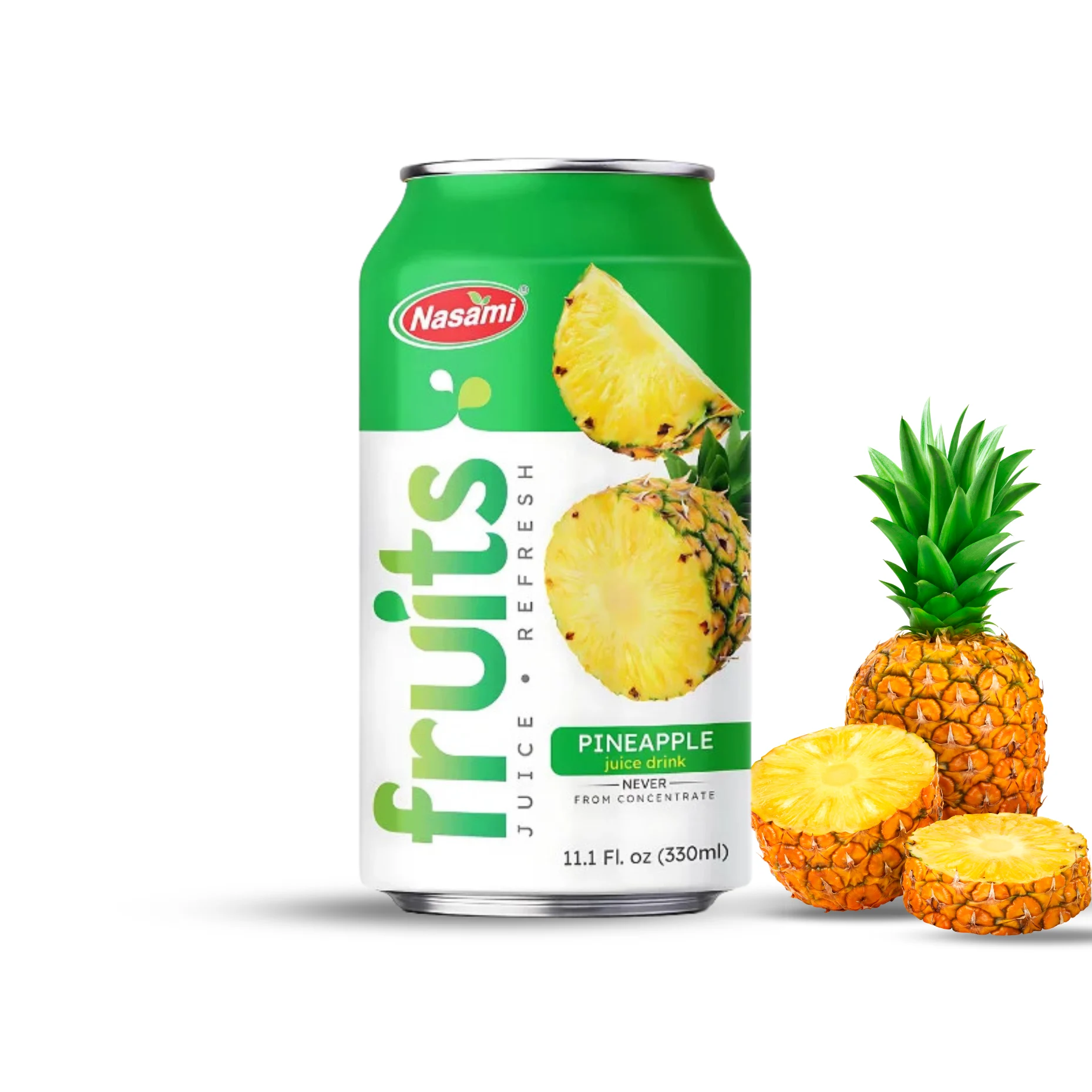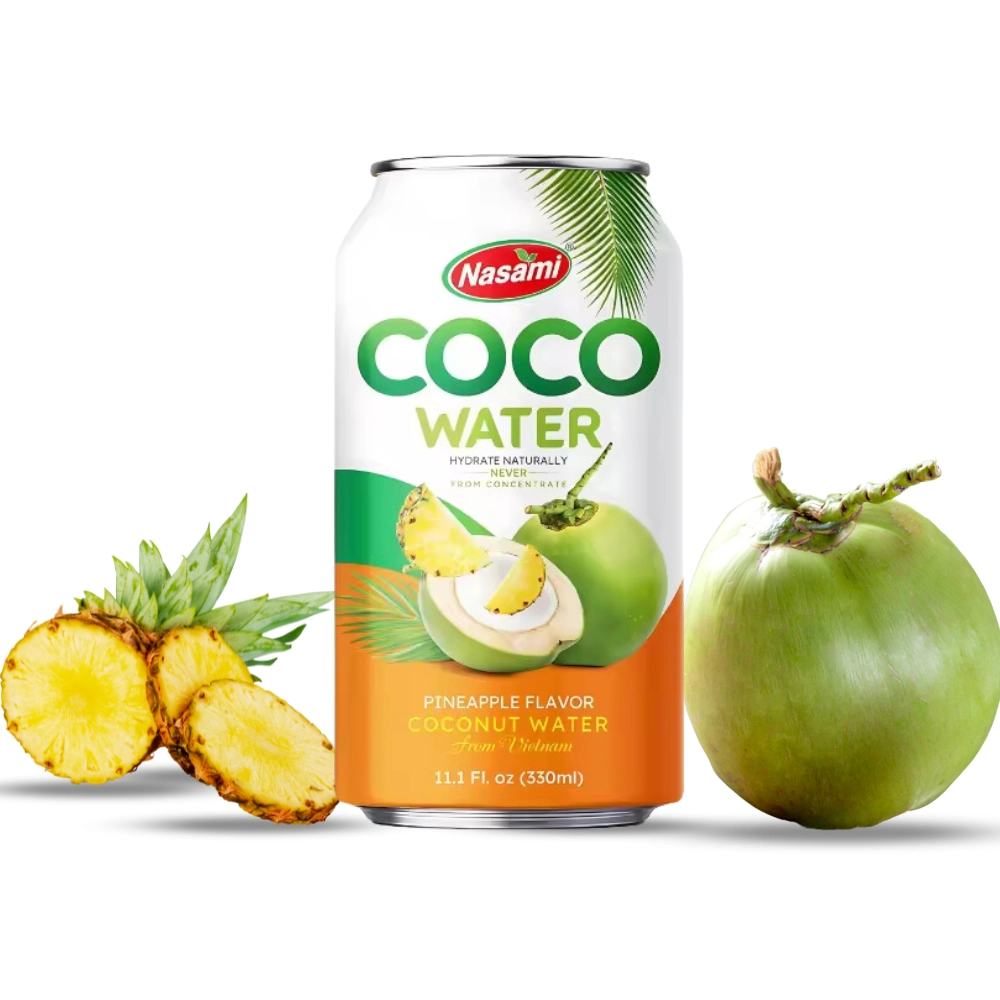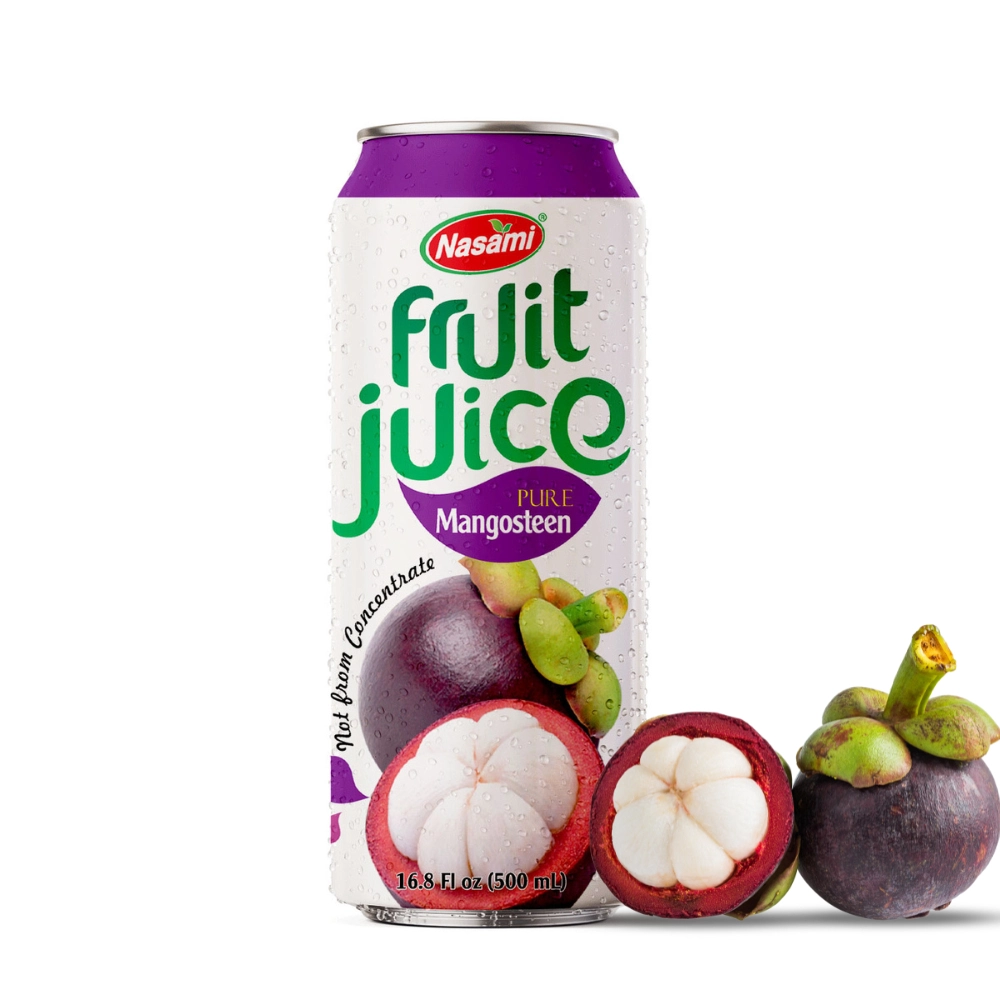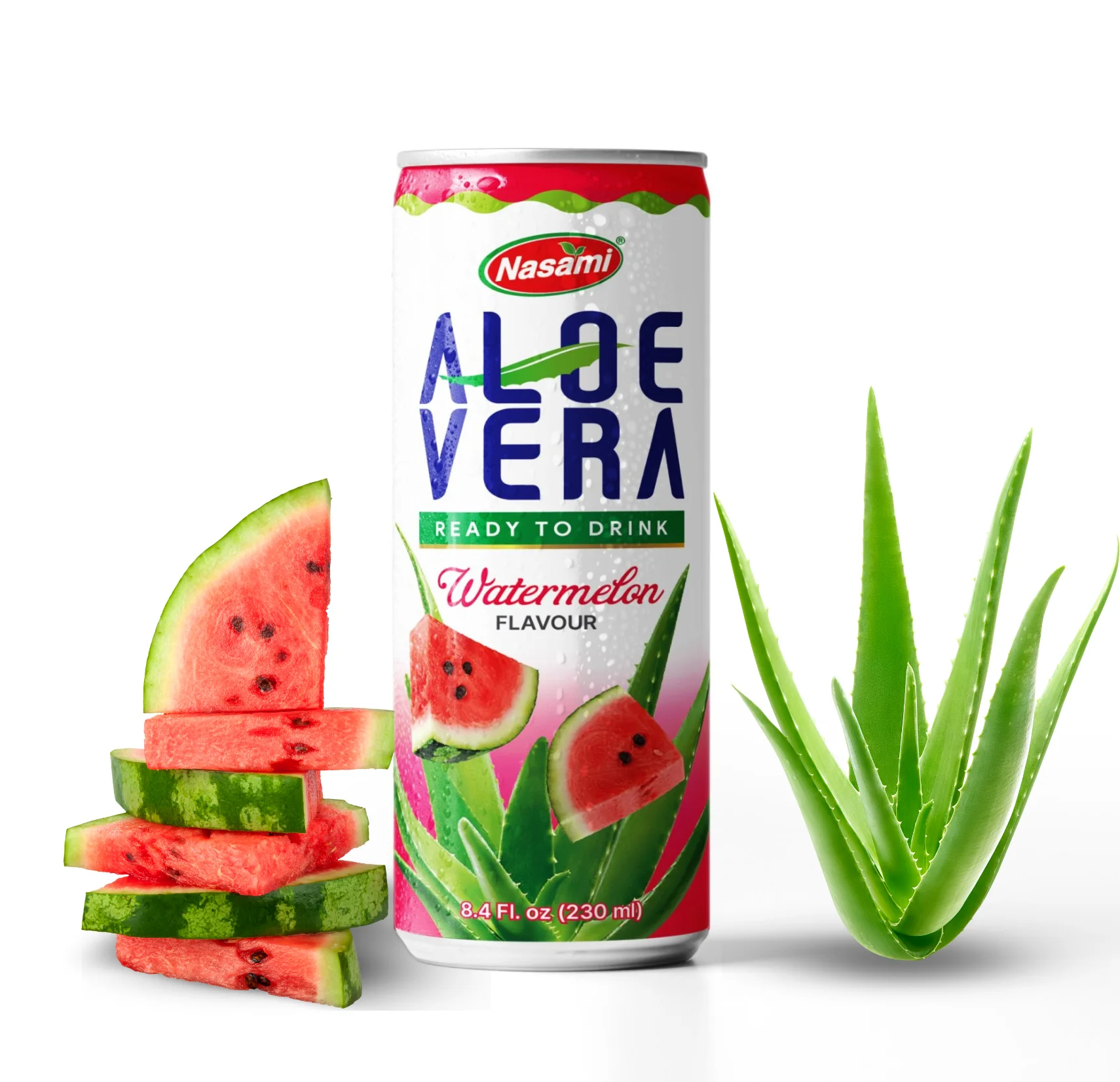Is coconut water good for heartburn? Heartburn is a common digestive condition characterized by a burning sensation in the chest, typically resulting from acid reflux. This occurs when stomach acid flows back into the esophagus, irritating its lining. Common symptoms include a burning sensation behind the breastbone, a sour or bitter taste in the mouth, and difficulty swallowing. While heartburn is usually a temporary discomfort, frequent or severe episodes can indicate a more serious condition, such as gastroesophageal reflux disease (GERD).
Coconut water has gained widespread popularity as a health drink due to its natural, refreshing taste and nutrient profile. Extracted from young green coconuts, it is a clear, slightly sweet liquid that is rich in electrolytes like potassium, sodium, and magnesium. Coconut water is often touted for its hydrating properties and is commonly consumed as a natural alternative to sports drinks and sugary beverages. Its low calorie and fat content, combined with its high electrolyte content, make it a favored choice for health-conscious individuals.
In this article, we will delve into whether coconut water can be an effective remedy for heartburn. While it is not a cure-all, understanding its potential benefits can provide insight into how it might help alleviate the symptoms associated with acid reflux. We will examine its soothing properties, its impact on stomach acid levels, and any scientific evidence supporting its use for heartburn relief. Through this exploration, we aim to provide a clearer picture of whether incorporating coconut water into your diet could offer some comfort and aid in managing heartburn.
Is coconut water good for heartburn?
Definition of Heartburn and Its Causes
Heartburn is a burning sensation in the chest that occurs when stomach acid backs up into the esophagus. This condition is commonly experienced as a result of the lower esophageal sphincter (LES) — the muscle that separates the stomach from the esophagus — becoming weakened or relaxed. When this muscle does not function properly, acid can flow upward from the stomach, causing irritation and discomfort. Heartburn is not a disease but a symptom of gastroesophageal reflux disease (GERD) when it occurs frequently.
The causes of heartburn can vary widely and include factors such as consuming spicy or fatty foods, overeating, drinking alcohol, smoking, and even pregnancy. Other factors that may contribute to heartburn include stress, certain medications, and lying down immediately after eating.

Difference Between Heartburn and Acid Reflux
While the terms “heartburn” and “acid reflux” are often used interchangeably, they refer to related but distinct phenomena. Heartburn is the symptom — the burning sensation in the chest — whereas acid reflux is the condition that causes the symptom. Acid reflux occurs when stomach acid flows back into the esophagus, and frequent episodes of acid reflux can lead to the discomfort commonly referred to as heartburn. Essentially, heartburn is the manifestation of acid reflux and not a separate condition.
Common Triggers and Symptoms
Heartburn can be triggered by various factors, including:
- Dietary Choices: Spicy foods, citrus fruits, chocolate, caffeine, and fatty or fried foods can exacerbate heartburn symptoms.
- Lifestyle Factors: Smoking, excessive alcohol consumption, and overeating can contribute to heartburn.
- Physical Conditions: Obesity, pregnancy, and certain medications may increase the likelihood of experiencing heartburn.
Common symptoms of heartburn include:
- A burning sensation in the chest or throat
- Sour or bitter taste in the mouth
- Difficulty swallowing or a feeling of food being stuck in the throat
- A sensation of pressure or tightness in the chest
By understanding these aspects of heartburn, we can better explore potential remedies, such as coconut water, and evaluate their effectiveness in managing and alleviating symptoms.
Get information about all products of Nasami Beverages.
Nutritional Profile of Coconut Water
Key Nutrients in Coconut Water
Coconut water is often celebrated for its impressive nutrient profile, which includes several key elements beneficial for overall health:
- Potassium: One of the primary nutrients in coconut water, potassium is an essential mineral that helps regulate fluid balance, muscle function, and nerve signals. It also plays a role in counteracting the effects of sodium, which can help reduce blood pressure and manage hydration levels.
- Magnesium: This mineral is crucial for many bodily functions, including muscle and nerve function, blood sugar control, and protein synthesis. Magnesium also helps maintain a healthy heart rhythm and supports bone health.
- Electrolytes: Coconut water contains a variety of electrolytes, including sodium, calcium, and chloride. Electrolytes are vital for maintaining proper fluid balance, nerve function, and muscle contractions. They also help replenish the body’s electrolyte levels after intense physical activity or dehydration.
- Other Nutrients: Coconut water also provides a small amount of vitamin C, B vitamins (such as riboflavin and niacin), and antioxidants. These nutrients contribute to overall health and well-being.
Health Benefits Associated with These Nutrients
The nutrients found in coconut water offer several potential health benefits that could indirectly impact heartburn relief:
- Potassium: By helping to regulate acid-base balance in the body, potassium can play a role in reducing acidity levels. Adequate potassium intake might help neutralize excess stomach acid and potentially reduce the frequency and severity of heartburn symptoms.
- Magnesium: Magnesium is known for its relaxing effects on smooth muscles, including those in the gastrointestinal tract. This relaxation can help prevent the LES from becoming overly relaxed, which can reduce the risk of acid reflux and heartburn.
- Electrolytes: The electrolytes in coconut water aid in maintaining proper hydration and electrolyte balance, which can be beneficial for overall digestive health. Proper hydration helps ensure that the digestive system functions optimally, potentially reducing symptoms associated with heartburn.
- Antioxidants and Vitamins: The antioxidants and vitamins in coconut water can support overall health and well-being, which may contribute to better digestion and reduced inflammation. This supportive role can help in managing and potentially alleviating heartburn symptoms.
How Coconut Water Affects Digestion
Explanation of How Coconut Water Can Impact the Digestive System

Coconut water is often touted for its beneficial effects on hydration and overall health, and its impact on the digestive system is an area of interest for those seeking relief from heartburn. The clear liquid, derived from young green coconuts, offers several properties that may contribute to digestive well-being:
- Hydration: Coconut water is known for its excellent hydrating properties due to its high electrolyte content. Proper hydration is crucial for maintaining digestive health, as it helps in the smooth functioning of the gastrointestinal tract. Adequate hydration can support regular bowel movements and prevent constipation, which can sometimes exacerbate digestive discomfort.
- Soothing Effect: The mild, slightly sweet taste of coconut water can have a soothing effect on the digestive tract. Consuming a small amount may help ease the discomfort of heartburn by diluting stomach acid and providing temporary relief.
The Role of Electrolytes in Maintaining Digestive Health
Electrolytes, such as potassium, sodium, and magnesium, play a significant role in maintaining various bodily functions, including digestive health:
- Potassium: This electrolyte helps regulate the balance of fluids and acids in the body. Proper potassium levels can contribute to the maintenance of a healthy acid-base balance, potentially reducing the acidity that leads to heartburn.
- Sodium: While excess sodium can contribute to high blood pressure and other health issues, the small amount of sodium in coconut water helps balance fluids and supports normal muscle function, including the muscles of the digestive tract.
- Magnesium: Magnesium aids in relaxing smooth muscles and can help prevent spasms and discomfort in the gastrointestinal tract. This relaxation may contribute to a reduction in symptoms associated with heartburn by supporting a healthier digestive system.
Possible Effects on Stomach Acid and Overall Digestion
Coconut water’s potential impact on stomach acid and digestion can be understood through its hydrating and nutrient content:
- Neutralizing Effect: While coconut water is not a direct antacid, its mild alkaline nature may help to neutralize excess stomach acid temporarily. This neutralizing effect could provide some relief from the burning sensation of heartburn.
- Supporting Digestive Function: By keeping the digestive system hydrated and providing essential electrolytes, coconut water supports overall digestive function. Well-hydrated digestive organs are more effective at processing food and managing digestive processes, which may reduce the frequency of acid reflux incidents.
Coconut Water and Heartburn Relief
Analysis of How Coconut Water Might Help with Heartburn
Coconut water is often recommended as a natural remedy for various health concerns, including heartburn. Its potential benefits for heartburn relief can be analyzed through several mechanisms:
- Hydration and Alkaline Nature: Coconut water’s primary benefit is its high water content, which helps keep the body hydrated. Proper hydration can assist in the smooth functioning of the digestive system, potentially reducing the severity of heartburn. Additionally, coconut water has a mildly alkaline pH, which may help neutralize excess stomach acid temporarily, offering some relief from the burning sensation associated with heartburn.
- Electrolyte Balance: The electrolytes in coconut water, such as potassium and magnesium, play a role in maintaining a balanced fluid environment in the body. By supporting proper fluid balance and potentially reducing acid levels, these electrolytes can contribute to a more stable digestive system, potentially mitigating heartburn symptoms.
- Soothing Effect: The mild, slightly sweet nature of coconut water can have a soothing effect on the digestive tract. It may help dilute stomach acid and ease the discomfort of heartburn, providing temporary relief.
Research or Studies on Coconut Water’s Effects on Heartburn or Acid Reflux
While coconut water is widely discussed in terms of its health benefits, scientific research specifically addressing its effects on heartburn and acid reflux is limited. Most of the available studies focus on its general health benefits and hydration properties rather than its direct impact on acid reflux or heartburn.

A study published in the Journal of the International Society of Sports Nutrition highlighted the electrolyte and hydrating benefits of coconut water compared to sports drinks, but it did not specifically address heartburn. Other research primarily explores coconut water’s role in hydration and electrolyte balance, which indirectly suggests it could be beneficial for digestive health.
Anecdotal Evidence or Testimonials
Anecdotal evidence suggests that some individuals find relief from heartburn by incorporating coconut water into their diet. Many people report that the soothing effect and mild alkaline nature of coconut water provide temporary comfort from the burning sensation associated with heartburn. Personal testimonials often highlight the drink’s hydrating properties and its gentle impact on the stomach as reasons for its perceived effectiveness.
For instance, individuals who experience occasional heartburn might consume coconut water to help dilute stomach acid and soothe the digestive tract. These personal experiences, while not scientifically validated, contribute to the general belief that coconut water can be a helpful remedy for heartburn.
Potential Benefits of Coconut Water for Heartburn
Hydration and Its Impact on Acid Reflux
One of the primary benefits of coconut water is its excellent hydration properties. Proper hydration is crucial for overall digestive health and can have a positive impact on acid reflux symptoms. Coconut water is rich in electrolytes, which help maintain fluid balance in the body and support proper digestive function.
When the body is well-hydrated, the digestive system functions more efficiently, which can help reduce the frequency and severity of acid reflux episodes. Adequate hydration ensures that the mucosal lining of the stomach and esophagus remains lubricated, potentially mitigating irritation caused by stomach acid. By drinking coconut water, individuals may help support their body’s natural hydration levels, contributing to a more balanced digestive environment.
The Alkaline Nature of Coconut Water and Its Potential to Neutralize Stomach Acid
Coconut water has a mildly alkaline pH, which can be beneficial for managing acid reflux. While it is not as alkaline as some other substances, its alkaline nature can help neutralize excess stomach acid temporarily. This neutralizing effect can provide relief from the burning sensation associated with heartburn.
The ability of coconut water to balance stomach acid is linked to its composition, which can help reduce the acidity in the digestive tract. By counteracting some of the acidity, coconut water may offer short-term relief from heartburn symptoms, making it a soothing choice for those seeking comfort.
Soothing Effects on the Digestive Tract
The soothing properties of coconut water can also contribute to its potential benefits for heartburn. The liquid’s mild taste and smooth texture can have a calming effect on the digestive tract. Consuming coconut water may help dilute stomach acid and reduce irritation in the esophagus, providing temporary relief from heartburn.
Additionally, the electrolytes and hydration provided by coconut water can help maintain overall digestive health, supporting the body’s ability to process food and manage digestive processes effectively. This can be particularly beneficial for individuals who experience heartburn due to digestive discomfort or irregularities.
Limitations and Considerations
Potential Side Effects or Concerns
While coconut water offers several benefits, there are some limitations and concerns to be aware of:
- Sugar Content: Coconut water contains natural sugars, which can vary depending on the brand and the coconut’s ripeness. For individuals who are managing their sugar intake due to conditions like diabetes or insulin resistance, it’s important to monitor the amount of coconut water consumed. Excessive sugar intake, even from natural sources, can impact overall health and exacerbate some conditions.
- Caloric Intake: Although coconut water is relatively low in calories compared to other beverages, it still contains calories that can add up if consumed in large quantities. For those who are mindful of their caloric intake, especially individuals aiming for weight management, it’s essential to consider the caloric contribution of coconut water to their daily diet.
Not a Substitute for Medical Treatment
It’s crucial to understand that coconut water is not a substitute for medical treatment for heartburn or acid reflux. While it may offer temporary relief, it does not address the underlying causes of heartburn or acid reflux. Individuals experiencing frequent or severe heartburn should seek advice from a healthcare professional for appropriate diagnosis and treatment. Coconut water can be a complementary measure but should not replace prescribed medications or lifestyle changes recommended by a healthcare provider.

Variability in Individual Responses to Coconut Water
Individual responses to coconut water can vary. While some people may find relief from heartburn symptoms due to its hydrating and mildly alkaline properties, others may not experience the same benefits. Factors such as personal tolerance, overall health condition, and the presence of other dietary factors can influence how coconut water affects each person. Individuals need to pay attention to their bodies and determine whether coconut water helps in managing their symptoms.
Alternative Remedies for Heartburn
Brief Overview of Other Natural Remedies for Heartburn
When it comes to managing heartburn, several natural remedies are commonly recommended alongside or instead of coconut water. Here’s a brief overview of some popular alternatives:
- Ginger: Known for its anti-inflammatory and digestive benefits, ginger is often used to alleviate heartburn and nausea. It can be consumed in various forms, including fresh ginger, ginger tea, or ginger supplements. Ginger is believed to help soothe the digestive tract and reduce the production of stomach acid, providing relief from heartburn symptoms.
- Chamomile Tea: Chamomile tea is another popular remedy for heartburn. It is known for its calming effects on the digestive system. Chamomile can help relax the muscles of the gastrointestinal tract, reducing the likelihood of acid reflux. Additionally, its anti-inflammatory properties may aid in soothing the esophageal lining and alleviating heartburn discomfort.
- Aloe Vera Juice: Aloe vera juice is sometimes used for heartburn relief due to its anti-inflammatory properties. It may help reduce inflammation in the esophagus and soothe the digestive tract. However, it is important to choose aloe vera juice that is specifically labeled for internal use and free from laxative compounds.
- Apple Cider Vinegar: Some people use apple cider vinegar as a remedy for heartburn, believing that its acidity can help balance stomach acid. It is often diluted in water before consumption. However, this remedy may not be suitable for everyone, as it can potentially exacerbate symptoms in some individuals.
Comparison of These Remedies with Coconut Water
- Effectiveness: While ginger and chamomile tea have specific properties that can directly target heartburn symptoms (e.g., anti-inflammatory effects, relaxation of gastrointestinal muscles), coconut water’s primary benefits are related to hydration and its mildly alkaline nature. Ginger and chamomile tea may offer more targeted relief, whereas coconut water provides a more general soothing effect.
- Ease of Use: Coconut water is easily accessible and can be consumed as a beverage without preparation. In contrast, remedies like ginger and chamomile tea often require preparation and may involve brewing or cooking. Aloe vera juice and apple cider vinegar need to be chosen carefully and consumed in moderation.
- Side Effects: Coconut water is generally well-tolerated with minimal side effects, though it does contain natural sugars and calories. Ginger and chamomile tea are also generally safe but can cause allergic reactions or digestive upset in some individuals. Aloe vera juice and apple cider vinegar should be used cautiously due to potential side effects, such as laxative effects or increased acid production.
- Individual Responses: The effectiveness of any remedy can vary based on individual health conditions and responses. While some may find significant relief from coconut water, others might benefit more from ginger, chamomile tea, or other remedies. It is essential to consider personal preferences and health conditions when choosing a remedy.
Throughout this article, we’ve explored the potential benefits of coconut water for heartburn relief. We began by understanding what heartburn is and how coconut water fits into the broader context of natural remedies. We discussed the nutritional profile of coconut water, including its key nutrients like potassium, magnesium, and electrolytes, and how these may support digestive health. We also examined how coconut water affects digestion, its potential to soothe the digestive tract, and its mildly alkaline nature which might help neutralize stomach acid.
However, we also addressed some limitations, including its sugar content and the variability in individual responses. Alternative remedies like ginger, chamomile tea, and aloe vera juice were compared with coconut water, highlighting their unique benefits and considerations.
Final Thoughts on Whether Coconut Water is a Good Option for Heartburn Relief
Coconut water can offer some relief from heartburn due to its hydrating properties and mildly alkaline nature. It may help soothe the digestive tract and provide temporary comfort from the burning sensation associated with heartburn. However, its effects are likely to be mild and should not be seen as a definitive cure or primary treatment for heartburn. While it can be a beneficial addition to a balanced approach for managing symptoms, it is not a substitute for medical treatment or lifestyle changes that may be necessary for managing more frequent or severe heartburn.
Encouragement to Consult with a Healthcare Provider for Personalized Advice
It is important to approach heartburn management with a comprehensive strategy. If you experience frequent or severe heartburn, consulting a healthcare provider is crucial. A healthcare professional can offer personalized advice, diagnose any underlying conditions, and recommend appropriate treatments. Incorporating coconut water into your diet can be a part of this broader approach, but it should be done with awareness of its limitations and in conjunction with other recommended treatments and lifestyle adjustments.
While coconut water may offer some benefits for occasional heartburn relief, it should be used thoughtfully and not as a sole remedy. For tailored advice and effective management of heartburn, professional medical guidance is essential.
View more:






